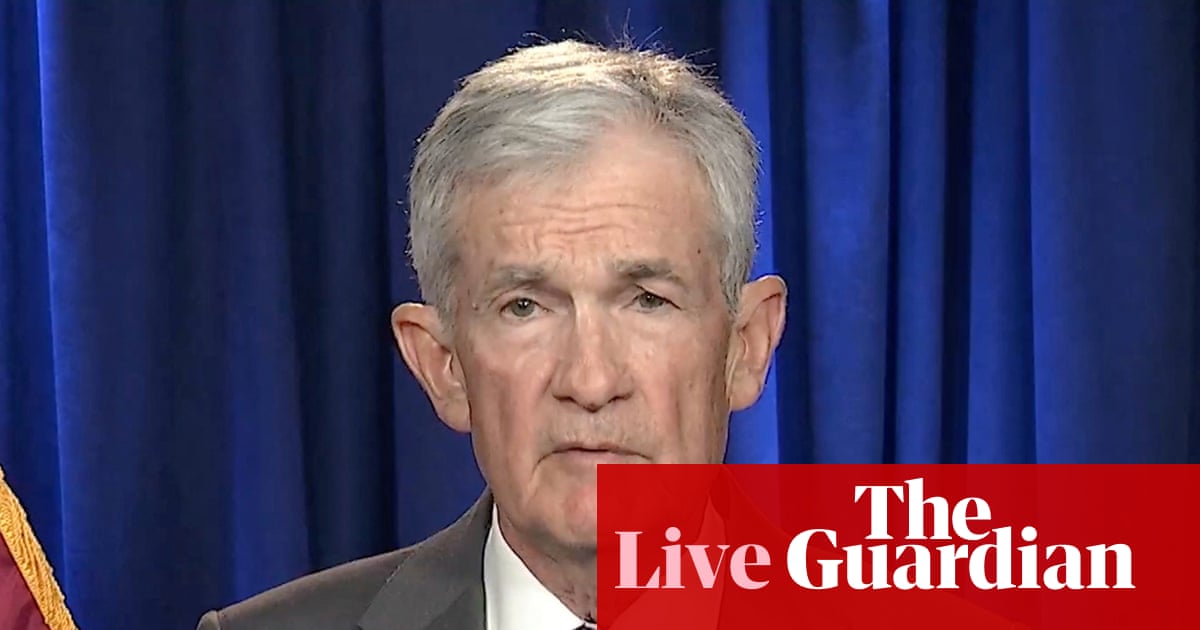Ministers are drawing up plans to give mayors significant new powers over hospitals and schools as part of a new wave of devolution that could change how public services are run in England.
Steve Reed, the local government secretary, wants to give mayors control over many more local services, and is weighing up handing over some NHS services and even parts of the criminal justice system.
The plans have received the backing of the Labour Together thinktank, which Reed helped found, in a report to be published on Monday. Government insiders say any changes could be included as amendments to the devolution bill that is going through parliament.
Reed said: “Giving communities more power is why I am in politics. As a former council leader, I cut violent youth crime and improved social housing by empowering local people.
“This government’s mission is to transform the country. That starts with putting people in control of their own communities and lives. That is how we restore trust in politics and restore pride to the areas people call home.”
Reed has been in position at the Ministry of Housing, Communities and Local Government (MHCLG) for only a few weeks after the resignation of Angela Rayner.
His new role gives him control of the government’s devolution bill, which provides local leaders greater freedom over how they spend their money and encourages them to bid for new powers from Whitehall.
The local government secretary is looking at ways to expand the scope of those proposals so that it unilaterally hands over significant new powers to mayors, potentially by amending the bill in the Commons.
Supporters of the plans point out that if mayors could gain control over hospitals and social care, for example, they could divert NHS funding into community care schemes, saving money in the process.
Decisions over hospital funding are currently taken by NHS bodies known as integrated care boards. But the Labour Together report, which Reed has studied and partially endorsed, calls for mayors to be given the power to appoint health commissioners to take charge instead.
Andy Burnham, the mayor of Greater Manchester and a potential rival to Keir Starmer, is one of the more powerful regional leaders in the country. But while the bodies he leads can set strategy for the area’s health services, they do not have full control over their budgets.
Wes Streeting, the health secretary, has a 10-year plan to refocus the health service on care in people’s communities and preventing illness rather than treating it. But he is hampered by the fact that while hospital services are provided by the national government, social care is under the control of local authorities, many of which are severely underfunded.
The Labour Together report calls for mayors to be allowed to appoint commissioners to oversee other public services as well, including regulating academy schools and running probation services.
The report says: “Empowering people and places means the first line of delivery and accountability should be exercised by the lowest tier of government where users mostly reside … Criminal justice could involve people in meaningful community service linked to the local areas in which they offended.
“Over the coming years, this would mean strategic authorities and local authorities becoming responsible for health, education, criminal justice and other services to increase place-based leadership, accountability and integration.”
The report also suggests other forms of devolution, which the government is not backing, such as introducing a set formula for mayoral funding and replacing the House of Lords with regionally elected representatives like the US senate or German Bundesrat.
after newsletter promotion
Putting services in the hands of mayors rather than national government would require the approval of ministers from across government, a task that has been entrusted to Josh Simons, a Cabinet Office minister and another former head of Labour Together.
Simons is convening a panel of ministers from MHCLG, the health department, the education department and Downing Street to work out how to roll out greater devolution across government.
Reed has told allies that devolution is one way to improve services while also saving money, pointing as evidence to his experience as council leader in Lambeth.
While he was in charge of the south London borough, Reed pioneered an approach he called the “co-operative council”, where local residents were given greater power to commission their own services.
Reed said this was a way to make local government more efficient and responsive during a time of national funding cuts, though critics said it also allowed the council to deflect the blame for deteriorating services.
Greater devolution also creates risks for the Labour government, however, including giving power to potential rivals to the prime minister and to elected leaders from other parties.
In recent months, voters have elected two Reform UK mayors – Andrea Jenkyns in Lincolnshire and Luke Campbell in Hull.
Andy Haldane, the former chief economist at the Bank of England, warned on Friday about the risks of the government getting “cold feet” on devolution.
“Two Reform mayors play into that,” he told Politics Home. “A Labour mayor on manoeuvres plays into that, too. That will be a great shame, because I don’t see a way of them meeting their growth mission short of a full-throated and wholehearted embrace of devolution in a much more expansive way than is contained in the devolution bill.”

 3 months ago
71
3 months ago
71

















































